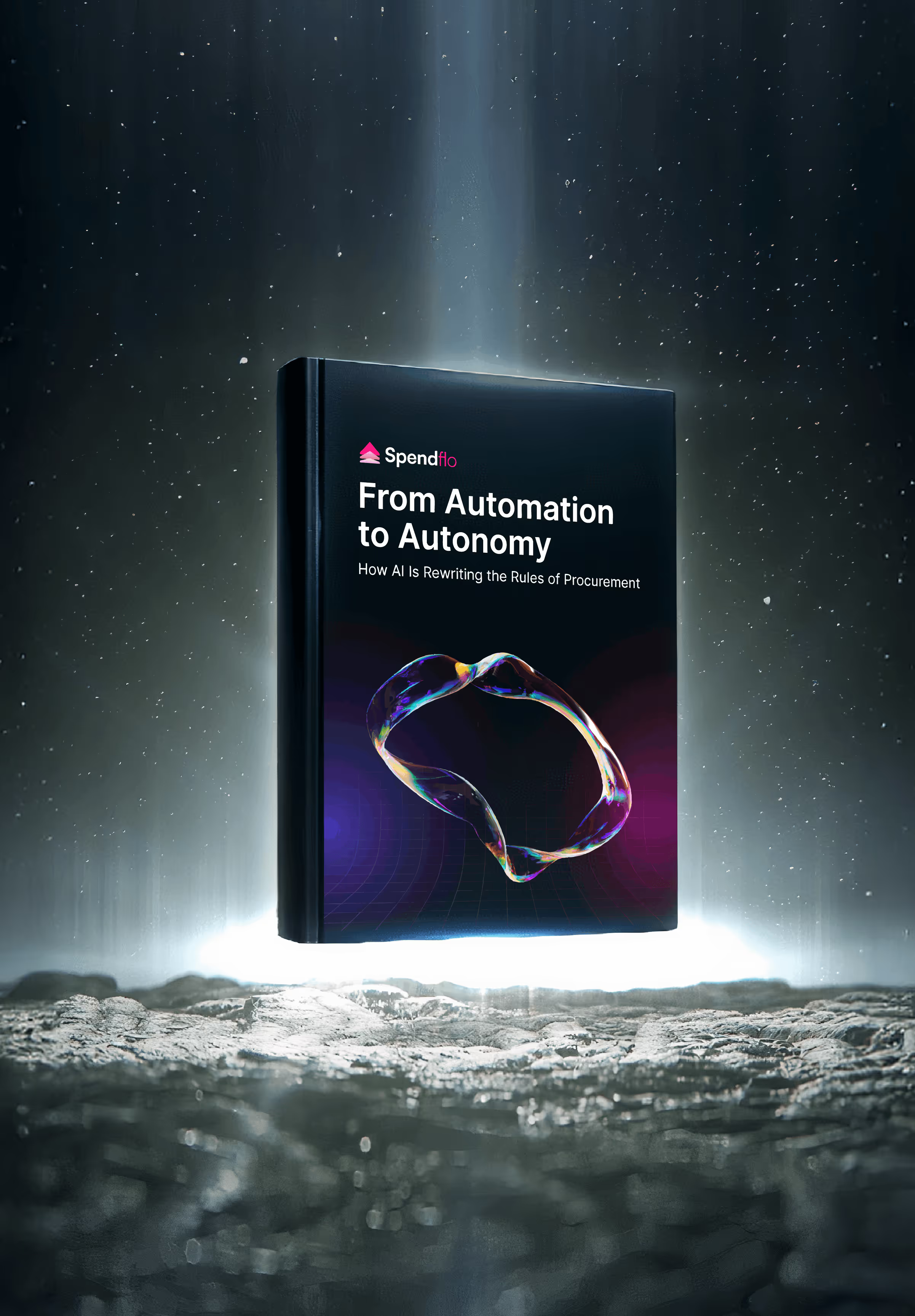

NetSuite Pricing: How Much Does NetSuite Cost?

NetSuite Pricing: How Much Does NetSuite Cost?
Discover how much NetSuite costs, tips for getting better deals, and top alternatives.


NetSuite is one of the leading cloud ERP platforms used by organizations across industries to manage key business processes. With its wide range of features for accounting, inventory, CRM, eCommerce, and more, NetSuite provides an all-in-one solution for growing businesses. However, NetSuite also comes with a significant price tag. In this blog, we'll break down NetSuite pricing and licenses, tips to get better deals, alternative options, and how our managed services can optimize your investment.
How Much Does NetSuite Cost?
NetSuite doesn't publish its pricing openly. As an enterprise-level SaaS platform, NetSuite's cost varies significantly based on your unique business needs. Pricing is customized based on key factors like the number of users, the level of support required, the customization needed, etc. Broadly, the NetSuite pricing tag can range between $50k and $500k. This range accounts for a typical mid-level deployment, including core financials, inventory, CRM, and support. Additional users, customizations, and products can raise costs further.
How to Get a Better Deal on NetSuite
While NetSuite does not publish its pricing publicly, there are several effective negotiation tactics you can leverage to get the best value for your business:
Leverage Bundled Pricing
One of the most effective ways to get a discount on NetSuite is to purchase multiple products together in a bundled package instead of licensing individual modules separately. NetSuite offers bundled pricing for its core ERP along with add-ons like CRM, eCommerce, HCM, POS, and more. Opting for a bundled suite deal can result in discounts ranging from 10% to 20% off the price of individual products.
Bundling allows you to access a complete business management suite at a lower cost. When negotiating, make sure to factor in all the capabilities you need upfront to maximize bundled pricing discounts.
Lock-in Longer Contract Duration
NetSuite offers increased discounts and savings for customers who commit to longer contract durations. The standard contract term is 1 year. However, signing up for 2-3 year contracted terms can fetch you larger discounts of up to 10% to 20% over standard rates.
The longer you commit, the more leverage you have to negotiate discounted pricing. While this reduces flexibility if your needs change, it ensures greater ROI on your software investment in the long term.
Pay Costs Upfront
NetSuite typically invoices customers on annual or monthly payment cycles. One way to further reduce costs is to pay your contracted costs upfront annually versus spreading payments. Opting for a single annual payment rather than monthly can result in discounts of 2% to 5% on subscription fees. This is beneficial for long-term investments where upfront costs are feasible.
Access Partner Discounts
One of the easiest ways to get the best rates on NetSuite is to purchase through an authorized partner in NetSuite's solution provider program. These certified resellers are offered discounted rates that can be extended to clients. Partners also have more leverage in negotiating bulk deals for multiple client implementations. Partner discounts can range from 10% to 25% or more in some cases.
Optimize User Licenses
Carefully evaluate and right-size the number of NetSuite user licenses based on roles in your business. Due to NetSuite's pricing model, you must pay for all purchased licenses irrespective of actual usage. Get a clear idea of current and future user needs. If the need grows, adding licenses is easy later on. However, over-purchasing licenses lead to paying for unused seats for no reason.
Scale With Business Growth
One key factor to negotiate is contract terms that allow seamless future upgrades to your NetSuite plan and licenses. This enables business growth to be supported over time without new upfront costs. Building staged license upgrade options into your contract sets you up for expansion without the need for new negotiations. This helps you scale wallet-friendly as your needs evolve.
Request Add-on Product Discounts
When purchasing additional add-on products like SuiteSuccess or SuitePeople, be sure to ask about specific discounts. Bundle add-ons like advanced HCM, manufacturing, or planning tools to save 15% to 20%. The more products and capabilities you package together, the higher your negotiation leverage for overall pricing discounts from NetSuite. Explore all available modules for potential savings.
NetSuite's Core Features
NetSuite comes packed with end-to-end features covering all essential business processes in modern organizations:
Financial Management
General ledger, accounts payable/receivable, multi-currency support, allocations, consolidations, and financial reporting.
Order and Billing Management
Advanced order management, invoicing, automated billing, collections, and revenue recognition.
Inventory and Fulfillment
Demand planning, inventory control, warehouse management, dropshipping, and omnichannel fulfillment.
Manufacturing
Engineering, production management, work orders, quality control, and manufacturing costs.
CRM and Marketing
Sales force automation, marketing automation, campaigns, leads, forecasts, commissions, and analytics.
eCommerce
Full-featured webstores, PCI compliance, promotions, catalogs, customer management, and omnichannel retail.
HCM
Core HR, talent management, payroll, time tracking, employee engagement, and HR helpdesk.
SuiteAnalytics
Real-time dashboards, reports, budgeting, planning, and forecasting tools for data-driven decisions.
NetSuite Alternatives
While NetSuite is a full-featured enterprise platform, it comes at a significant cost, especially for small and medium-sized businesses. Here are some top alternatives to consider that provide robust capabilities at more affordable pricing:
SAP Business One
SAP Business One is an on-premise ERP designed for SMBs. It focuses on core financials, inventory management, manufacturing, and operations. Pricing starts at around $30 per user per month. The strengths of SAP Business One include great flexibility, localization, and extensive reporting. However, it lacks native CRM, eCommerce, marketing tools, or modern UX. Integrations are needed for complete functions.
Microsoft Dynamics 365 Business Central
Microsoft Dynamics 365 Business Central is a cloud-based modular ERP tailored for smaller businesses. It starts at $70 per monthly user with Financials, Sales, and Service modules. You can then add other apps like Operations, HR, and Retail. The strength lies in easy scalability and integrations with Microsoft stacks like Office 365. However, it may lack the enterprise-grade capabilities larger organizations need.
Oracle NetSuite SMB
Oracle NetSuite SMB is an entry-level edition of NetSuite designed for smaller businesses. It starts at $999 per month for limited users and features, including core financials and inventory. While more affordable than complete NetSuite, it has a restricted feature set. However, you can easily upgrade to full NetSuite as the business grows without migrating platforms.
Acumatica Cloud ERP
Acumatica is a cloud-native, mobile-friendly ERP tailored for SMBs and mid-market. Pricing is based on usage and resources consumed, not per user. Block pricing starts around $4,000/month. It’s flexible, customizable, and seamlessly scales to match your growth. It may not offer the enterprise breadth of NetSuite, but it provides ease of use and affordable pricing.
Brightpearl
Brightpearl is a cloud-based ERP designed for retail and eCommerce companies. It offers inventory management, accounting, CRM, and POS. Pricing starts at $199 per month for up to 10 users. Although it focuses heavily on omnichannel retail capabilities rather than manufacturing or distribution, it provides a full suite relatively affordably, including warehousing, sales channels, and fulfillment.
Zoho One
Zoho One provides an entire operating system with over 45 integrated apps for your business. These include CRM, finance, HR, procurement, and marketing. Pricing starts at just $35 per user per month billed annually. It's economical, particularly for small businesses that must manage multiple tools. However, the numerous apps can also seem disjointed. There's less consistency compared to end-to-end platforms like NetSuite.
How Spendflo Can Help You Get Better Deals on NetSuite
As experienced NetSuite partners and solution providers, Spendflo can help you secure the most competitive pricing and licensing terms from NetSuite through:
- Vendor-Agnostic Selection: We provide unbiased recommendations on best-fit platforms like NetSuite, SAP, Oracle, and Microsoft.
- Pre-Negotiated Discounts: Access to special partner pricing and bulk discounts passed directly to our clients.
- License Optimization: Right-sizing licenses to needs for minimum costs. Planning for future growth.
- Contract Negotiation: Leveraging our relationships and volumes for maximum vendor discounts.
- Ongoing Cost Management: Continued optimization of licenses and costs as needs change.
If you're considering NetSuite, contact our experts for tailored cost strategies and sourcing services. We deliver average savings of 15-25% for our clients through better negotiations.
Frequently Asked Questions About NetSuite Pricing
What is the cheapest version of NetSuite?
The most affordable NetSuite edition is NetSuite Essentials, designed for smaller businesses. It starts at $1,000 per month with limited users and features. The next levels are NetSuite Advanced and NetSuite Complete for larger enterprises.
Does NetSuite offer any discounts?
Yes, NetSuite discounts contract length, upfront payments, bundles, renewals, and partners. Based on your negotiation, discounts range from 5% to 25% +.
Can you pay monthly for NetSuite?
NetSuite is priced on an annual contract basis but allows monthly or quarterly payments. There is a small 2-3% upcharge for paying monthly instead of annually.
Is there a free version of NetSuite?
No, NetSuite does not currently offer any free version or trial. However, they provide free demos and sandboxes to evaluate the platform before purchase.
Can you use NetSuite for free if under certain user limit?
There is no free user-based version. All editions require a minimum commitment, with fees starting at $1,000/month. NetSuite pricing is customized based on business needs.
How much does NetSuite implementation cost?
NetSuite implementation costs vary based on scope, customizations, data migrations required. Simple SMB implementations may start at $5,000. Enterprise ERP implementations often range from $100,000 to $500,000+.










.png)




.png)










.avif)





